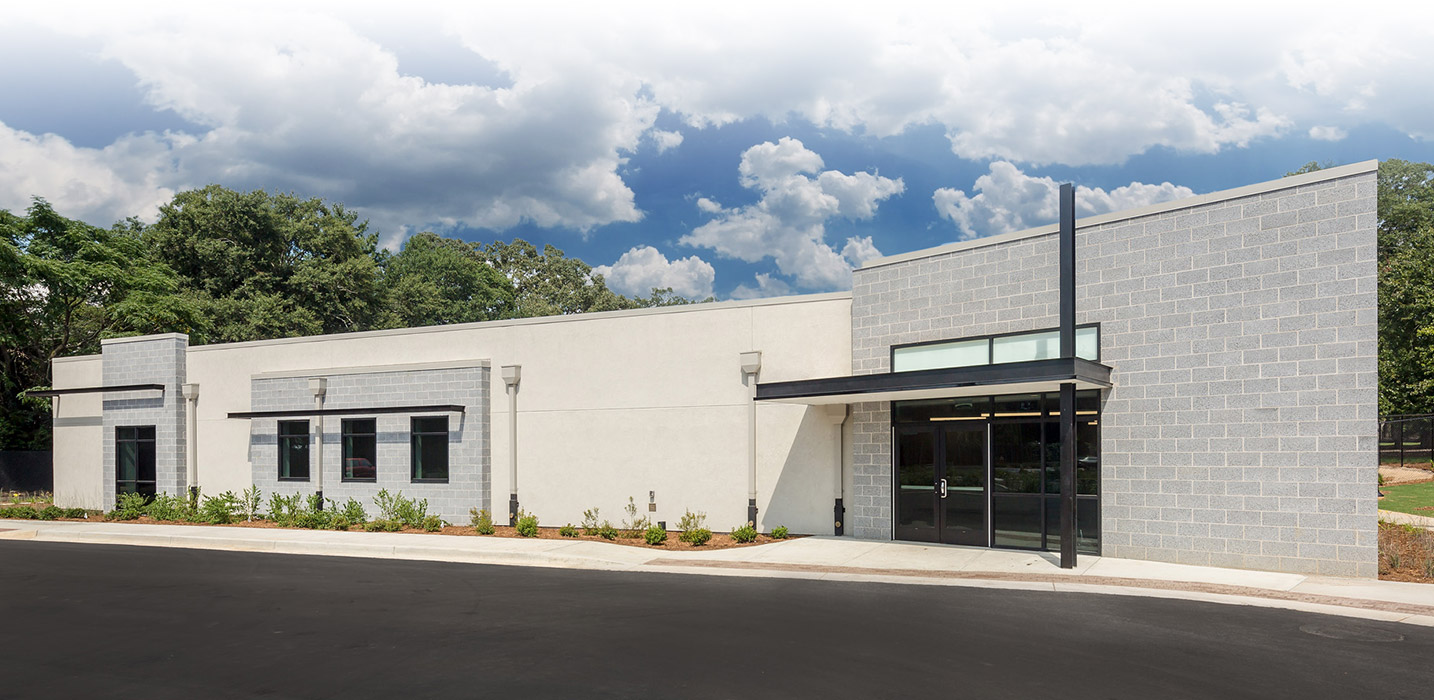Listed below are the training courses we currently offer upon request. Our instructors are qualified disaster management professionals with a diverse set of educational and practical backgrounds. We are open to offering our services to any group or organization looking to expand their disaster knowledge. Many of these training courses can be taught virtually if needed. Please note, there may be some costs associated with certain training courses.
If you don’t see what you are looking for, feel free to reach out, we are always developing new courses and can create a custom plan to fit your needs. In addition, you can review our consulting page to see services IDM can provide for your organization.
UGA-affiliated personnel looking for individual training can also reach out to UGA’s Office of Emergency Preparedness (OEP) for additional opportunities. IDM works closely with OEP to provide comprehensive training for UGA and the surrounding community.


